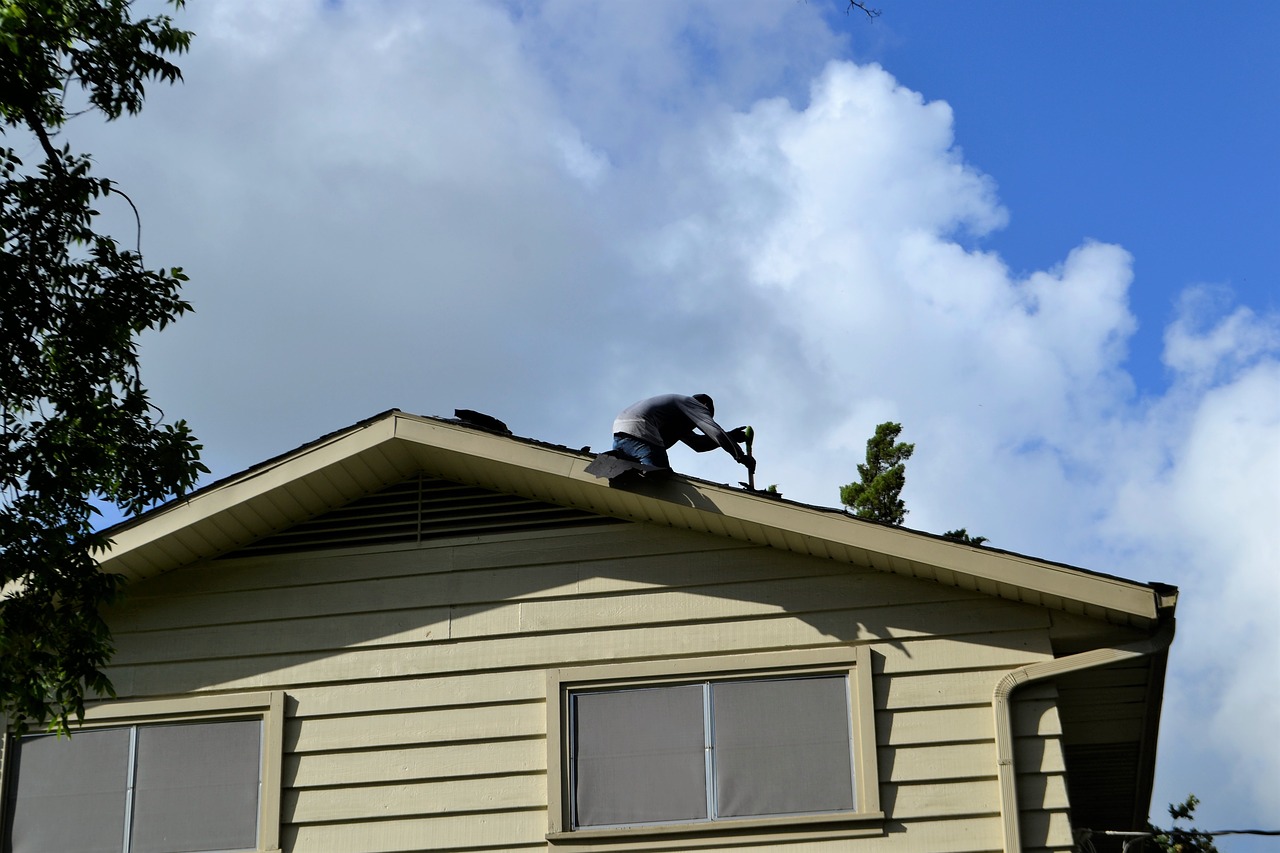Common sources of water stains.
Got siding replaced have water spot on ceiling.
In general it s best to repair a water stained ceiling when possible.
In general it s best to repair a water stained ceiling when possible.
Examine the water leaking from the ceiling.
It s not uncommon for water to run along rafters or damaged pipes and drop onto the ceiling.
The window itself may be leaking because of cracks and gaps.
It shouldn t be too hard to figure out from what area of the home the water is coming.
The water stains will speed up the deterioration of your wooden ceiling.
Other times the damage has gone too far and replacement is the only option.
If the water appears fresh there s a good chance it comes from a leaking plumbing line or fixture.
Maybe your town just experienced a once in a decade mega rainstorm or maybe that roof shingle you hadn t gotten around to replacing finally let the water come streaming in.
Before you apply any primer it s also a good idea to clean the spot with some soapy water to kill off any mold that may have developed over time.
Pooling of water in a spot for a long time leads to stains.
Cleaning the stained area of the ceiling with a mild homemade bleach solvent one cup of bleach and three cups of warm water will fade the stain and remove any lingering mildew grease dirt or.
In addition cracks and caps in the siding can also lead water to the window and make it look like that it s the window that s leaking.
Water stained ceilings are unsightly but often enough minor damage can be repaired so your ceiling looks good as new.
Knowing how to decide will save you time and money.
You have to treat it differently from drywall or popcorn ceilings because you cannot simply remove the affected area and replace it with a new patch.
Water stained ceilings are unsightly but often enough minor damage can be repaired so your ceiling looks good as new.
If there s no water source above the stain check for leaky pipes.
Other times the damage has gone too far and replacement is the only option.
If the water is dirty or stains the ceiling the.
Another common cause is condensation in improperly insulated ducts.
Knowing how to decide will save you time and money.
Not only is replacing a section of ceiling messy and time consuming it s also difficult to match the new section with the rest.
If you can t identify a possible water source above the ceiling stain you may have a leaky pipe.
If you need immediate assistance call nelson contracting 402 464 2418.
It s also not uncommon for water to run along rafters or piping before dropping onto your ceiling obfuscating the true source of the problem.
Whether it s the roof or an upstairs bathroom whatever is above the ceiling is usually the source of your moisture problem.
If the spot is small and limited to a small space you should be able to cover it with a mold resistant stain blocking primer before painting over it.
Windows especially those installed in the attic can also cause water spots on ceiling after it rains.
If it was an especially large spot that was exposed to a lot of water for a prolonged period of time you ll likely have to replace the entire piece of drywall.

